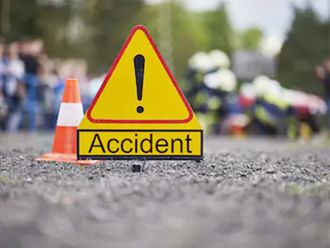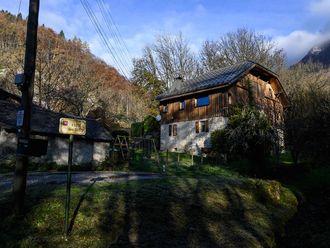Rawalpindi: Taunted at home, Sanhya ran away at age 12, searching for acceptance as she sees herself neither male nor female — but a member of a third gender.
Pakistan's transgender community has long lived on society's margins, harassed by police, ridiculed as freaks, and often rejected by their own families. Now the Supreme Court is giving them hope through a petition for their rights to be respected.
"People are recognising that we are also human beings," said Almas Bobby, who acts as head of the community and fights for equal rights.
A series of hearings by the court over the past 11 months could be the first steps toward bringing them into the mainstream. The court has already suggested authorities consider adding a third gender to state-issued identity cards.
The community is known as "khusra," which Pakistanis translate as "eunuch" in English, though the meaning is broader than a castrated man, the common definition in the West. Besides transsexuals, it also includes hermaphrodites, people with both male and female sexual organs. Some have undergone sex-change surgery.
Symbolic victory
Transgender people in much of the world view themselves as women born in a man's body, or vice versa.
In Pakistan and other south Asian countries, those born male often see themselves as neither sex, though they wear women's clothing and refer to each other as "she."
On identity cards, "they wrote men," Bobby said. "We want eunuch. If we are eunuch, please write eunuch, not men."
Adding a third gender would be a symbolic victory for the community, giving it hope of social acceptance, she said. The proposal borrows from the example of neighbouring India, whose election commission ruled late last year that transgender people could register to vote as "other," rather than male or female.
"Our parents feel embarrassed for us to be called khusra," said Sanhya, who is now 19 and lives with other khusra in Rawalpindi, a city next to Islamabad.
"But we need our identity. It is our right."
While Sanhya and Bobby say the situation has improved since the Supreme Court took notice of their plight, their community is still dogged by violence.
There are no official figures for khusra, though Bobby estimates there are several hundred thousand.
The court is to hold more hearings, and has asked provincial governments to provide progress reports on what steps they are taking to improve the khusra's situation.
"We are just fighting for our rights," says Sanhya. "This Pakistan belongs to us also."












